How to Improve Immunity?
Immunity is probably the rarest health term we talk about. Hardly do we ever discuss the immunity and its importance in our life. We discuss muscles, bones, heart functioning, haemoglobin, hairs, skins, vitamins, proteins and many more. What could happen if immunity stops working in our life? It is terrible to even think about if we understand the impact of immunity on our overall health. So, it is important to improve immunity.
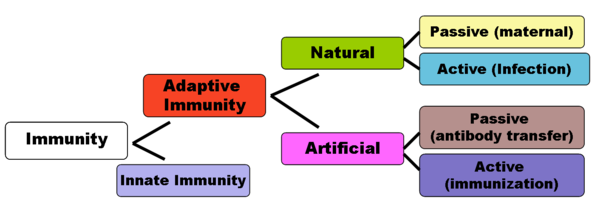
The immune system protects us from invading pathogenic microorganisms. Immunity is the state of protection from infectious disease caused by viruses and bacteria.
Immunity can be improved in many ways as mentioned below :
- Exercise regularly.
- Maintain a healthy BMI index.
- Get adequate sleep.
- Avoid drinking and smoking.
- Eat immune-boosting foods.
Top Immune-boosting Foods.
- Mushroom.
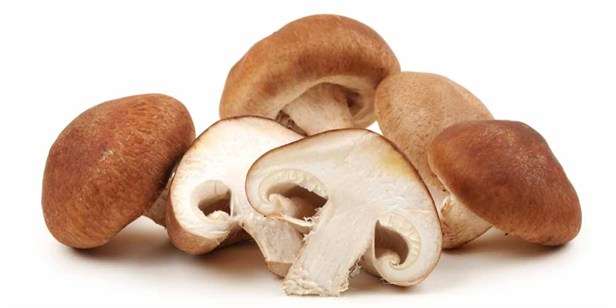
2. Broccoli.
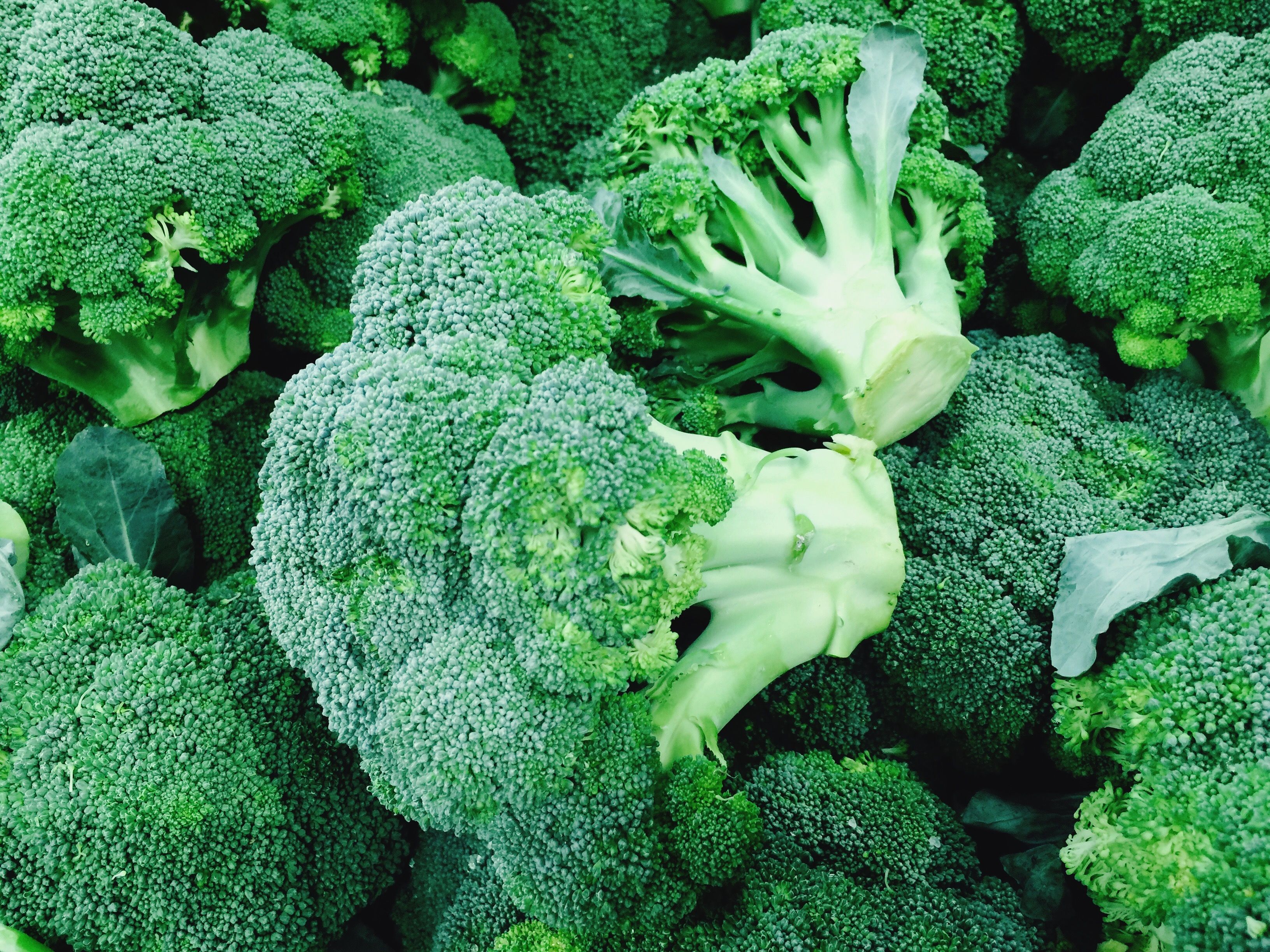
3. Spinich.

4. Citrus Fruits.

5. Turmeric.
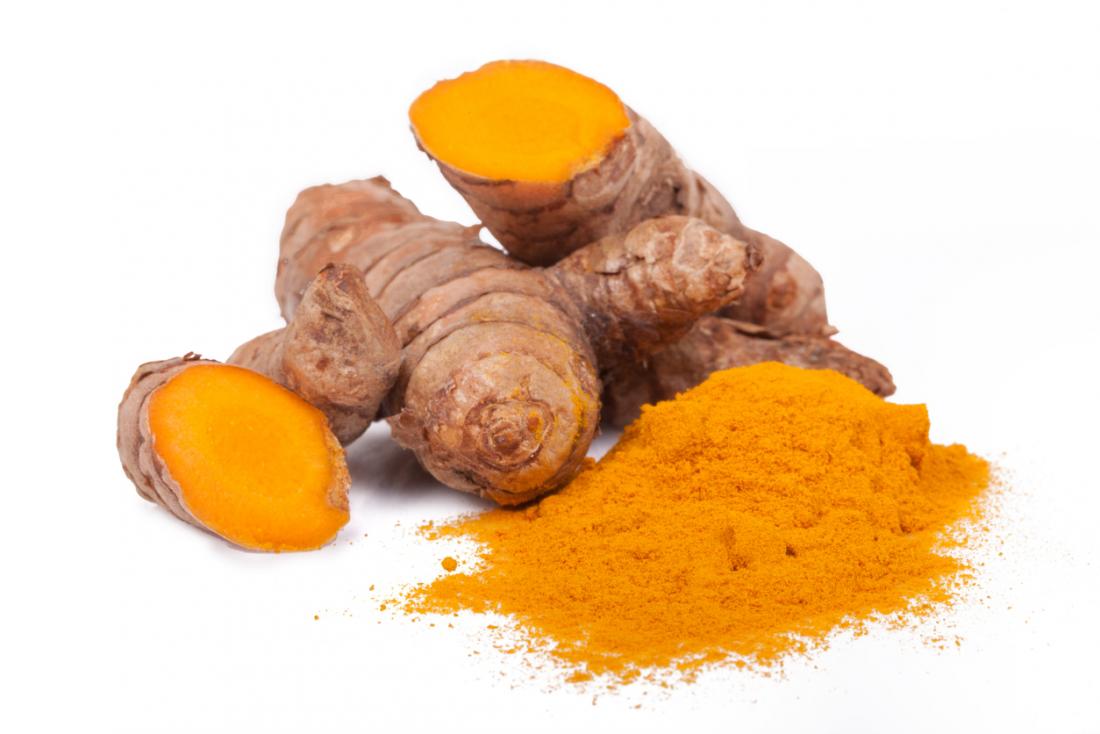
6. Garlic.

7. Papaya.
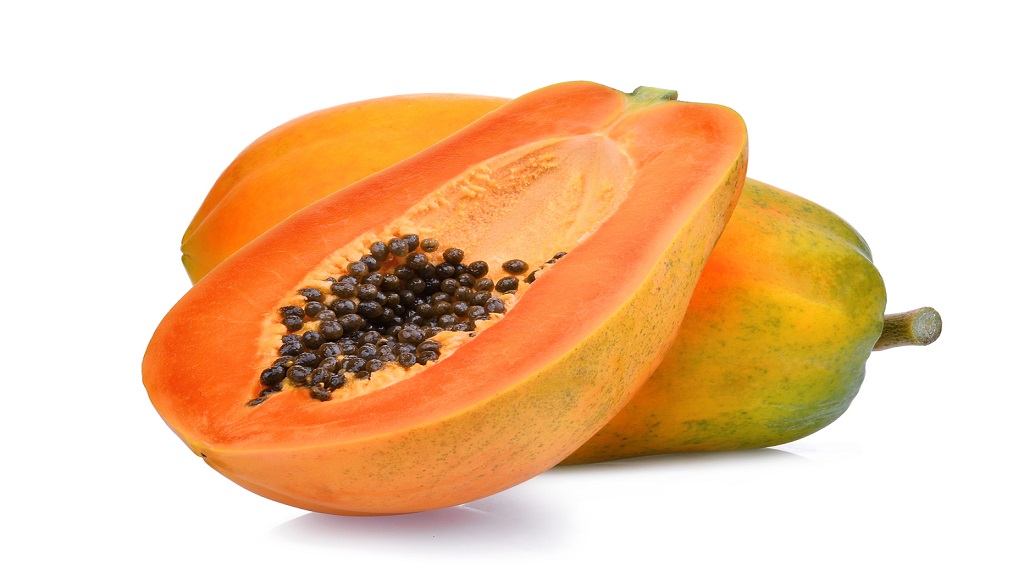
You must have got answer of the question "how to improve immunity?"
[…] As discussed above, the best we can do is social distancing and trying to improve our immunity. […]
ReplyDelete[…] C is very vital and perhaps the most important for your immune […]
ReplyDelete[…] As discussed above, the best we can do is social distancing and trying to improve our immunity. […]
ReplyDelete[…] C is very vital and perhaps the most important for your immune […]
ReplyDelete